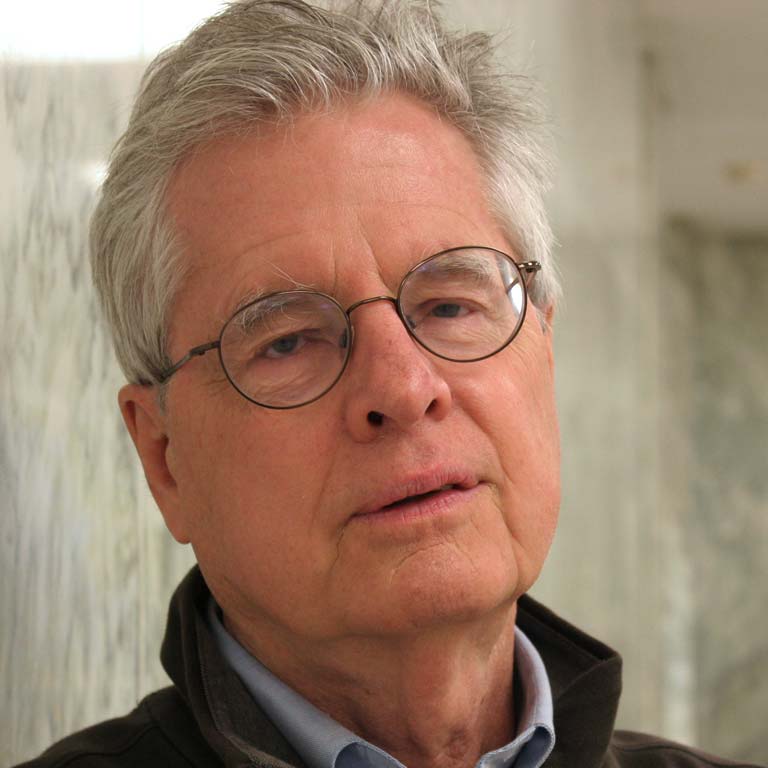My current research project extends my interest in the representation of violence in American memory and culture. I am particularly interested in the political and cultural struggle between heroic and traumatic experiences that follow episodes of state sponsored violence. In my 2010 book, The "Good War" in American Memory, I probed this contest in public and personal remembrances of World War II from the 1940s to the end of the twentieth century. Currently I am looking at America's War on Terror and the attempt to resurrect and impart patriotic modes of thought on encounters with violence such as 9/11 and American wars in Afghanistan and Iraq. I am not so much interested in battles on the ground but ideas in realm of culture that seek to rework the legacy of suffering and brutality. I am especially interested in a process I call "moralizing" whereby people find ways to make moral pronouncements or craft patriotic stories that blunt the full force of the horrors that citizens have suffered or inflicted on others. Moralizing inevitably sparks a widespread debate--or a vast expression of demoralization contesting noble patriotism--visible in memoirs, films, commemorations, and political squables that can be followed over a long period of time.

John Bodnar
Distinguished Emeritus Professor, Department of History
Department of History
 The College of Arts + Sciences
The College of Arts + Sciences